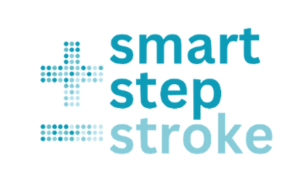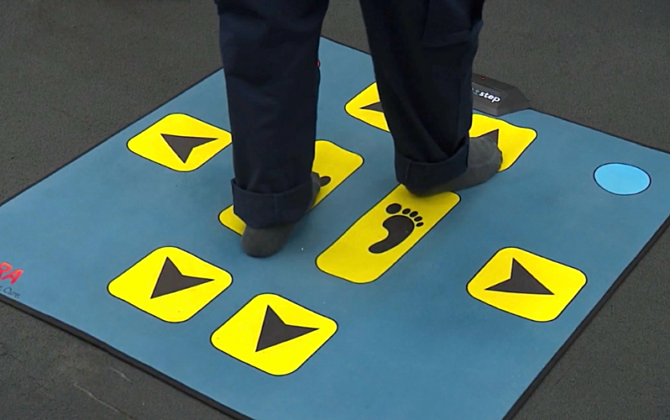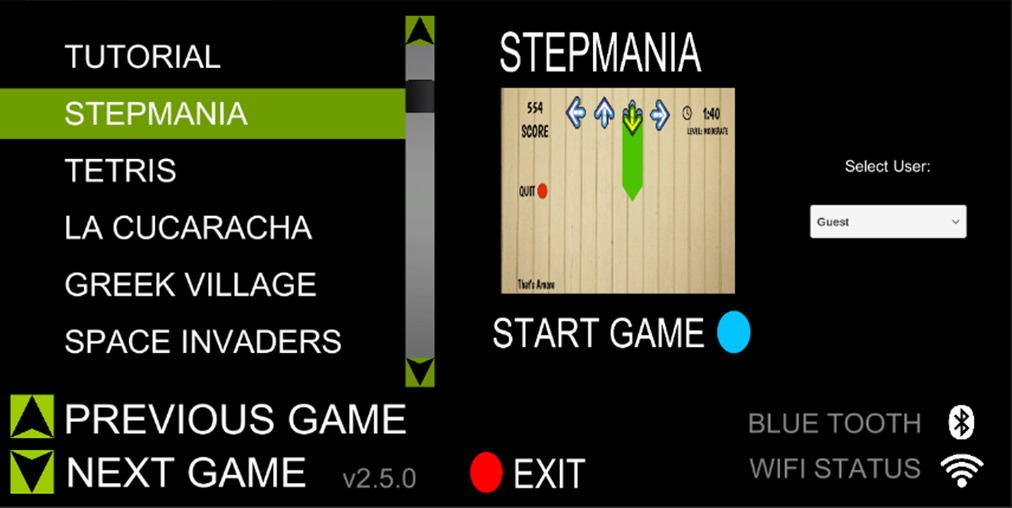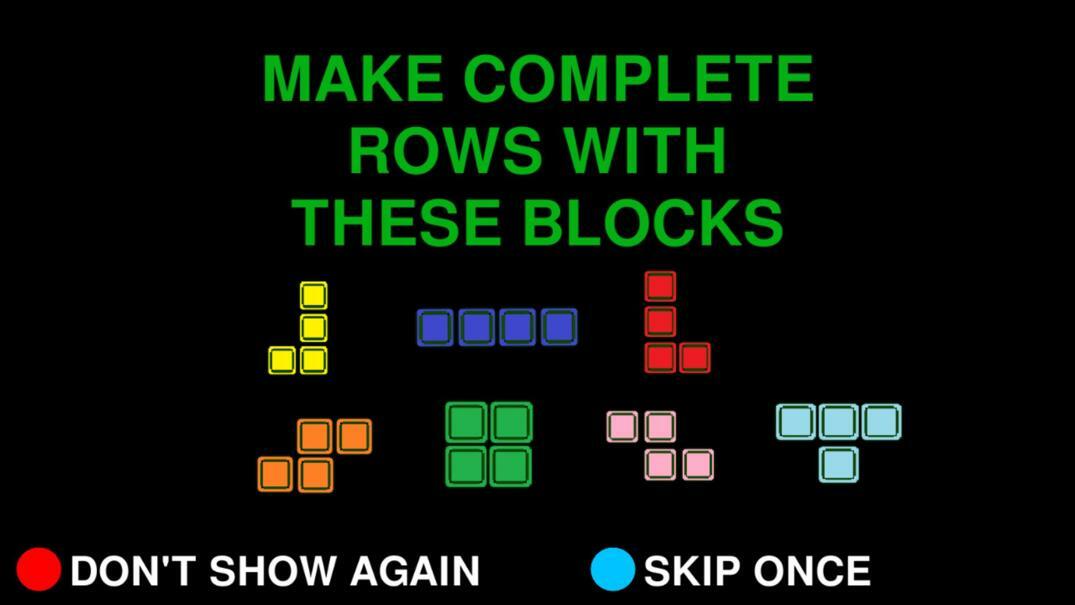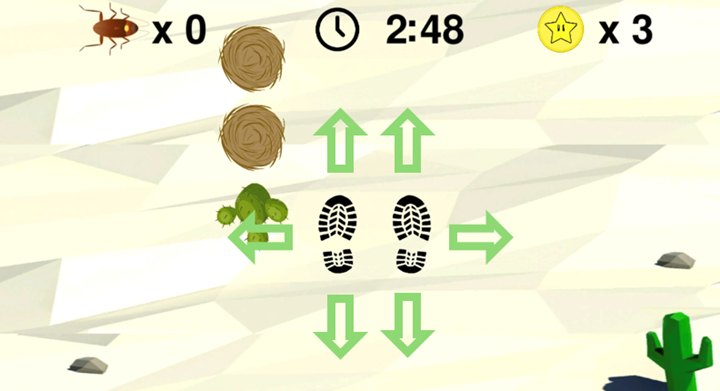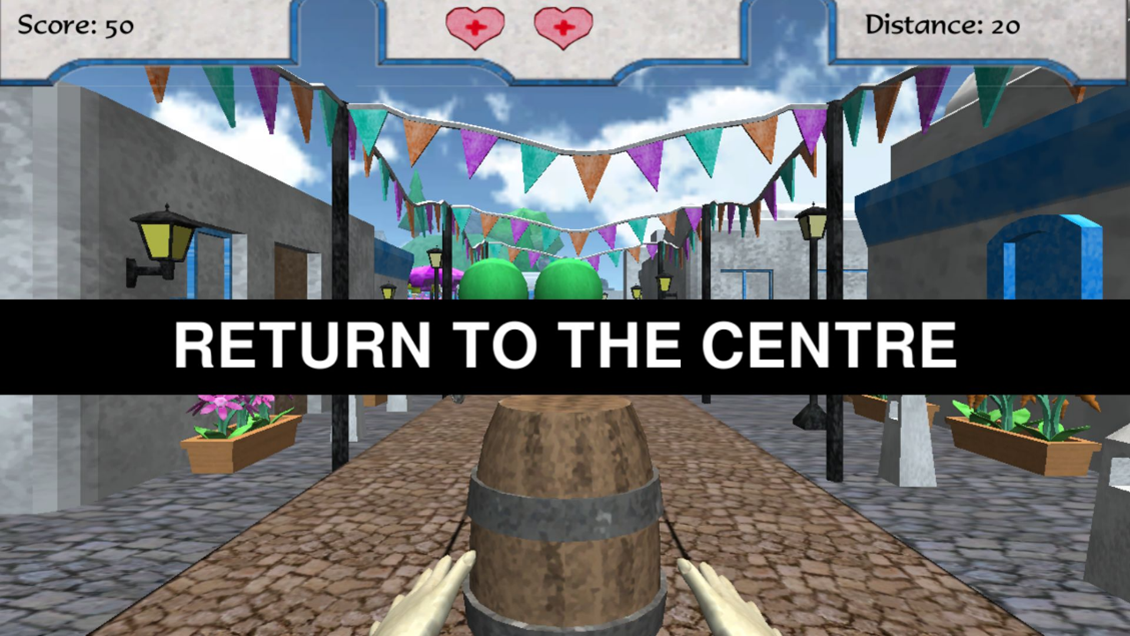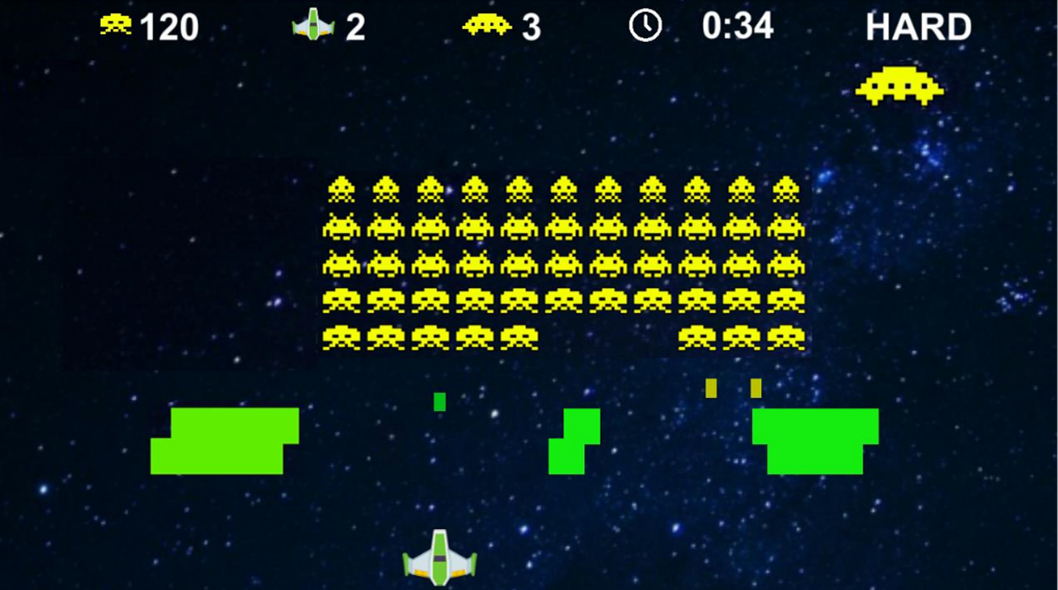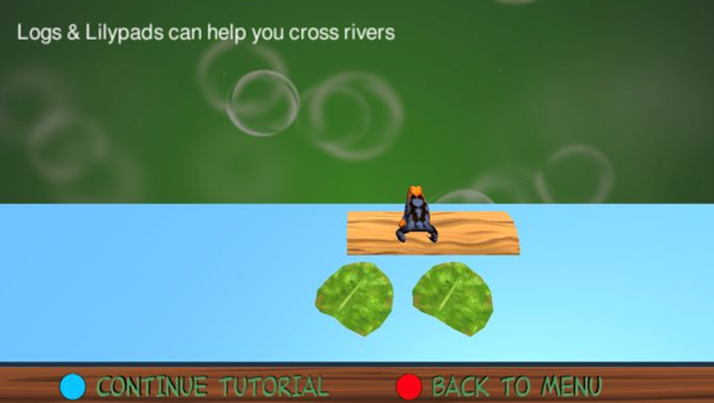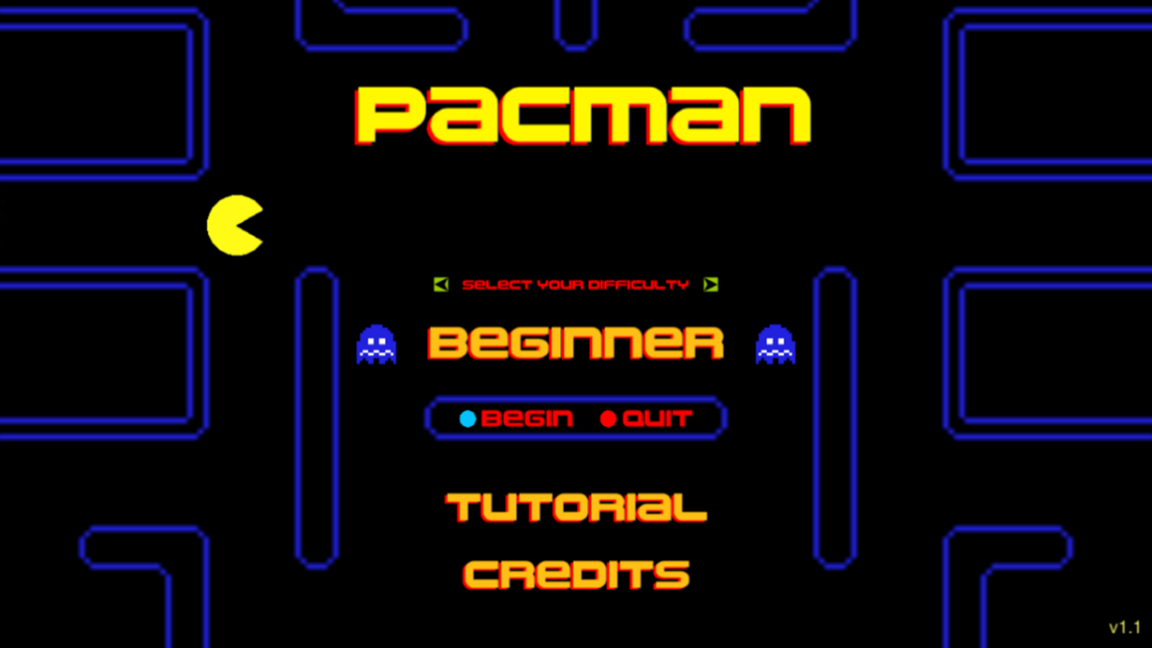Jump to
The SmartStepStroke Study is ACTIVELY RECRUITING — updated 10 Feb 2026.
This research project is approved by the University of New South Wales Ethics Committee (iRECS7307), funded by the Stroke Foundation and proudly supported by the NSW Stroke Association.
Stroke is a leading cause of long-term physical disability worldwide. Many stroke survivors face balance and mobility challenges as well as functional dependency due to impaired lower limb muscle strength, control and coordination. Traditional rehabilitation methods can improve mobility and balance, but they often require frequent visits to clinics and use repetitive exercises that may make it difficult for some to follow the recommended guidelines, ultimately limiting functional improvements.
To address these barriers, researchers at NeuRA developed the SmartStep program in collaboration with older adults and people with balance limitations. SmartStep is a home-based exergame training system that uses an interactive step mat to encourage quick, accurate and carefully executed steps that target both physical and cognitive aspects of stroke rehabilitation. Gameplay is also designed to be progressively challenging and enjoyable.
What are the aims of this study?
The SmartStepStroke team are investigating whether using the SmartStep program at home for 4 months can improve balance, mobility, quality of life and concern about falling in community-dwelling stroke survivors.
What does gameplay look like?
Gameplay involves playing arcade-style games like Tetris or Space Invaders using a step mat instead of a console or keyboard.
What is involved?
Assessments
Eligible volunteers will be invited to the Falls, Balance & Injury Research Centre at NeuRA to complete a series of assessments before they are randomly allocated to one of two groups (like a flip of a coin) for the 4‑month trial period.
- Online Questionnaires — complete surveys on basic health, quality of life and stroke symptoms before the physical assessments (approx. 30mins).
- Physical Assessments — attend physical assessments before and after the trial period (initial assessment approx. 2hrs; reassessment approx. 1hr).
- Physical Activity Tracking — wear an activity monitor for 7 consecutive days before and after the trial period.
- Online Falls Reporting — record fall frequency via weekly surveys during the trial period.
Control vs Intervention Group
After the initial assessment, particpants will be randomised into the Control or Intervention group.
- Control Group — continue with ‘life as usual’ for the trial period and then receive the SmartStep program for 4 months after the reassessment.
- Intervention Group — receive the SmartStep program for 4 months after the initial assessment (goal of gameplay for 120mins/wk).
Both groups will receive support from the SmartStepStroke team to provide, setup and demonstrate the program to ensure you use the program safely in the home.
Who is eligible?
The SmartStepStroke team are looking for stroke survivors:
- aged 18 years or older
- are at least 6 months post stroke
- now experiencing balance or mobility impairment
- are able to walk 20 metres without aid
*Participating in this study is voluntary. It will not cost you any money, nor will you be paid.
Get in touch
To find out more or register, contact the SmartStepStroke team today.
- Phone — (02) 9399 1067
- Email — email hidden; JavaScript is required
Alternatively, fill in the Expression of Interest Form below and a member of the team will get in touch or download the Participant Information Statement & Consent Form below for a more detailed description of the research project.
Health Areas
Expertise & facilities
Jump to
